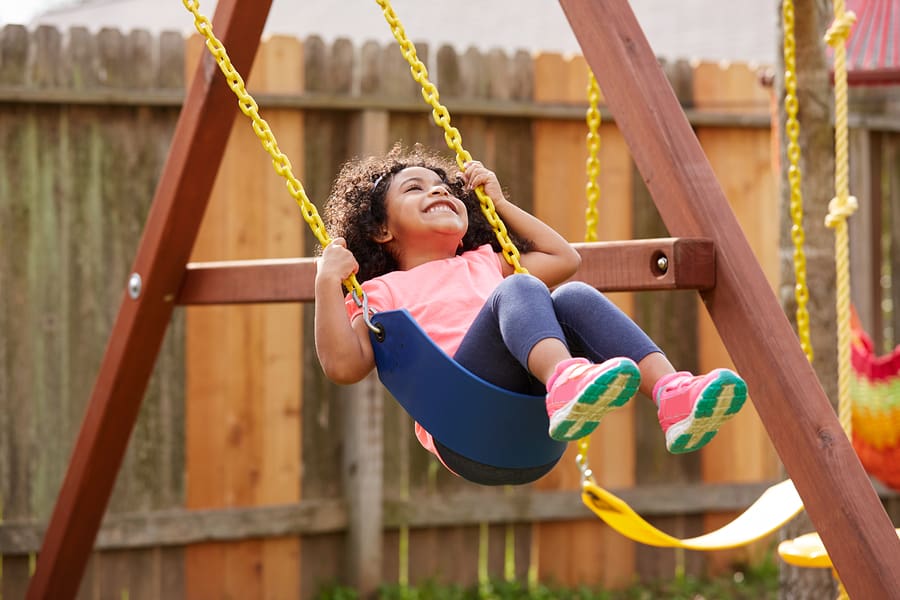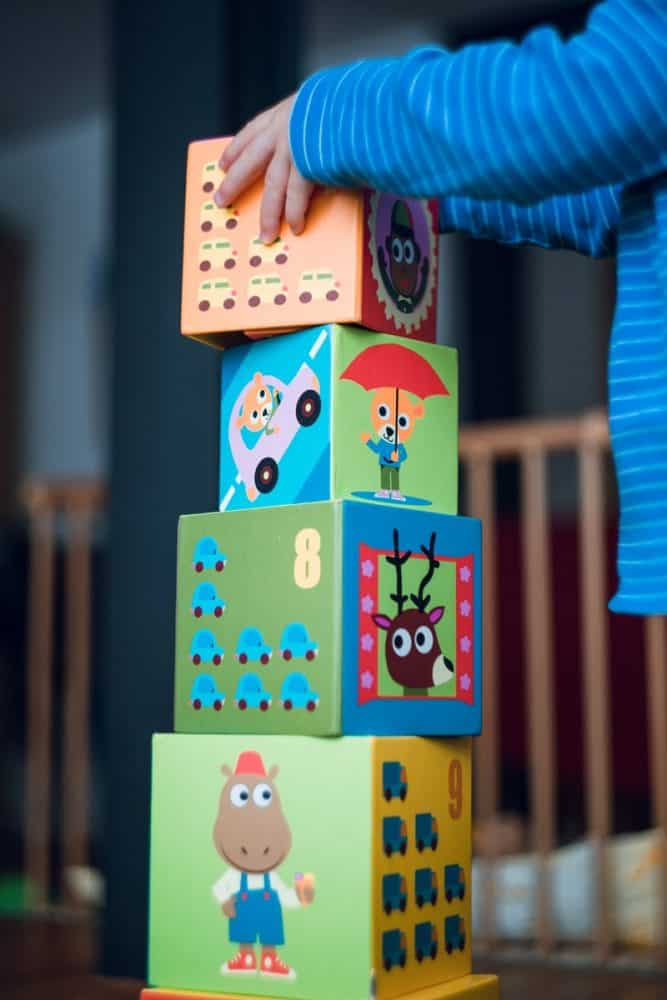Benefits Of Outdoor Play

Remember making that snowman on a white Christmas Eve morning when you were 11? Or spending those hot summer days at the beach playing in the sand? Not to mention all those spring Sunday playdates and BBQs in the garden, or recess at the playground! Even though we’ve spent a lot of our time indoors, most of our favorite memories are from when we were kids playing outside. That’s because the benefits of outdoor play are both physical and mental, but we’ll get to that later.
If you grew up in the era when the internet didn’t dominate most aspects of your everyday life, you probably have significantly more outdoor play memories and experiences than an average kid today. Spending so much less time on phones, gaming consoles, and screens as a child is something far more valuable than today’s kids can imagine.
The benefits of playing outside can influence various aspects of children’s lives, such as physical activity, emotional well-being, social behavior, and overall intelligence.
Physical benefits of outdoor play
For any kid playing outside, running, climbing, and swinging are just super fun activities. However, these are also physical exercises and can affect children’s muscle strength, weight, and overall fitness level.
Daily exercise and muscle strength
The more time kids spend outdoors, the more physical exercise they tend to get. Chasing and fleeing games can help increase children’s cardiovascular activity, whereas climbing and swinging can increase their physical strength. All these activities will ultimately lead to the development of their muscle strength as well as to a healthy, daily exercise plan. However, not every child is willing to move around that much when playing outside. If that’s the case, encourage your kid to be more active with some fun game ideas, or by making outdoor play a family affair!
Development of athletic capabilities
When kids play outside, they have more space to move around, as well as more props to use as part of their playtime. For example, they can run fast, swing, jump far, climb and kick; things they normally wouldn’t do indoors. This is a step towards developing their athletic capabilities even further.
Vitamin D
Sunlight is an important ingredient for the development of kids’ bodies and brains. It helps with bone growth, muscle strength, and a healthy immune system. Spending time outdoors helps children get the amount of Vitamin D their body needs, even when the weather is cloudy and there’s no direct sunlight.

Emotional well-being benefits of playing outside
Outdoor play has a strong impact on kids’ emotional well-being, as it helps them feel stronger psychologically and process conflicts throughout their life.
Stress relief & enhanced concentration
The calming effect nature has on people is widely known; a walk outdoors can help with stress relief and improve concentration. Kids playing outside benefit from the restorative effect green spaces have on their emotional well-being.
Use of all 5 senses
When kids watch tv or play video games, they tend to use mostly the sense of sight and sound. However, when playing outside children tend to explore various elements of nature that they wouldn’t experience indoors. To do this, they use all five senses, even taste! Remember when you tried tasting raindrops and snowflakes?
Independence and confidence
The playground is a space where kids feel free; where they can test their limits and let their imagination run wild with the invention of games and the exploration of nature. Even though you are nearby, your kids still feel the freedom to create their own playtime scenarios. This gives them a sense of confidence and independence. It allows them to apply problem-solving strategies and take calculated risks on any activity they want to perform.
Impact on social behavior
When spending time outdoors, children interact more with their peers and the environment, which leads to the development of their social skills.
Relationships with others
One of the benefits of playing outside is that kids get to interact, not only with their friends but with other children they haven’t met before. This requires communication skills, teamwork, self-awareness, and cooperation. By developing those skills, kids learn to aim for positive interactions with others throughout their life.
Respect for the environment
Kids who play outside and spend lots of time outdoors start learning about nature, animals, and the environment from an early age. Every time they plant a flower, build a shelter for an animal, or watch the sunset, they create memories that lead to the appreciation and respect of nature, and to the environment as they grow older.
Openness and Cooperation
Kids who experience the freedom that outdoor places offer feel less overwhelmed, as they have more physical space to move and don’t compete with other kids for attention. This feeling of freedom develops a sense of openness and helps kids talk and be more open about their feelings.
Outdoor play benefits overall intelligence
 School education is not the only way to help children develop their overall intelligence and intellectual abilities. Kids playing outside have a lot of opportunities to learn new words and concepts, as well as develop problem-solving capabilities.
School education is not the only way to help children develop their overall intelligence and intellectual abilities. Kids playing outside have a lot of opportunities to learn new words and concepts, as well as develop problem-solving capabilities.
Learning new skills, words, and concepts
Outdoor play is a great opportunity for kids to explore and experiment with new concepts. It’s also a way to learn new skills and words. With all the objects and shapes that can be found in the playground, children can learn more about geometry. The slide is a great way to understand friction and watching an ice cube melting in the sunshine will be their introduction to physics. Education doesn’t always start in the classroom. Encourage your kids to explore and find fun ways to help them experiment with nature and their surrounding environment.
Develop problem-solving capabilities
When playing outside, kids constantly face dilemmas and are required to make decisions. ‘Should I go down the slide or the fireman’s pole?’ or ‘How can I go up the slide without sliding back down?’ Those decisions might sound simple to grown-ups; however, children need to apply problem-solving strategies to identify what the best, risk-free option is to complete their task.
Communication skills
The playground is a space where children can meet each other and make friendships in the most natural way possible. They have the urge to play together (whether they are friends or not), and they all have the same goal. To have as much fun as possible. Meeting and developing friendships are what helps kids to develop their communication skills and become open to new relationships.
Regardless of their age, all children should be encouraged to play outside as frequently as possible. As they grow older, the games and activities they enjoy will change and evolve. However, no matter the activity, the benefits of outdoor play for kids are huge and the skills they will develop will accompany them throughout their lives.








